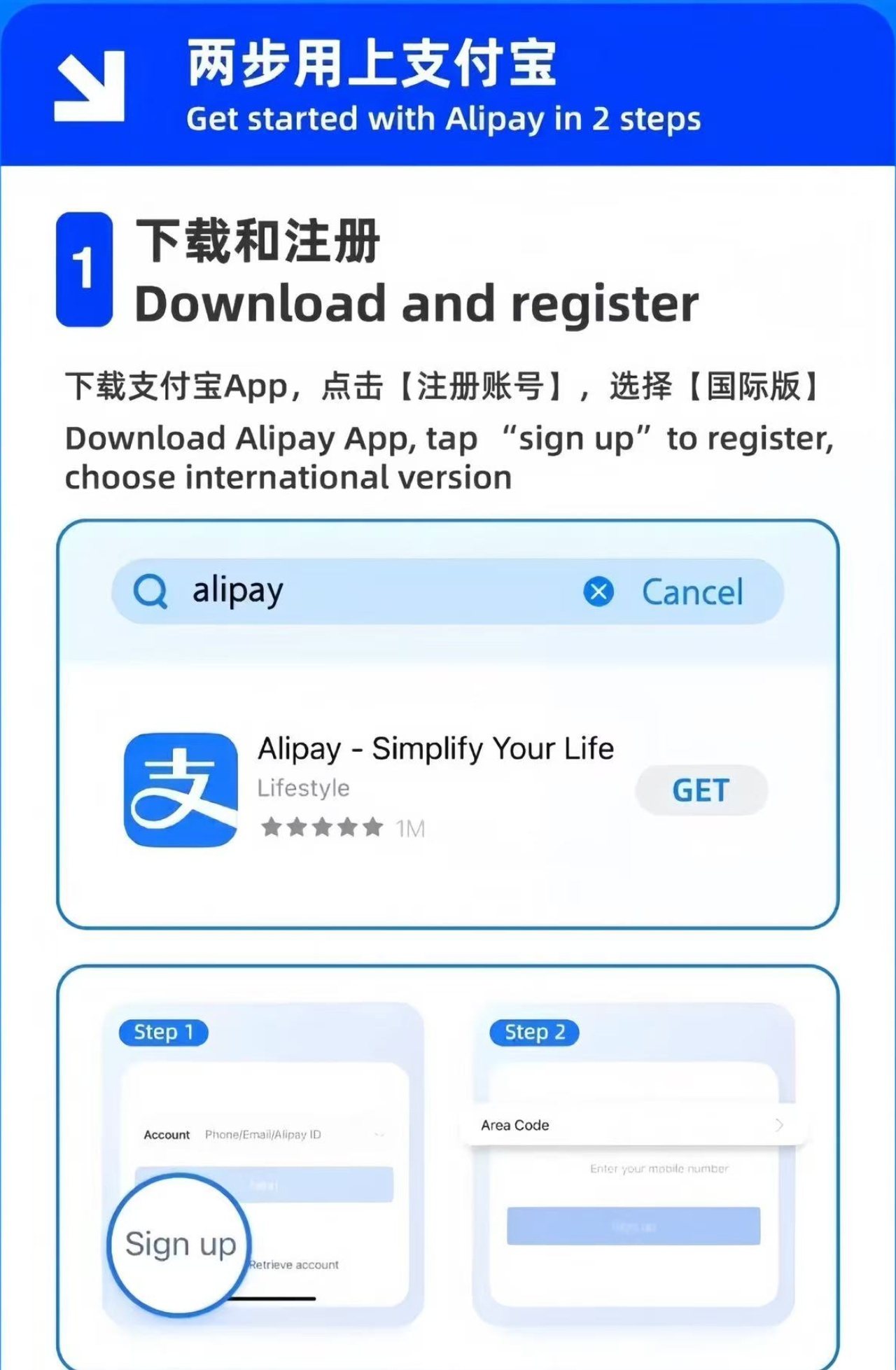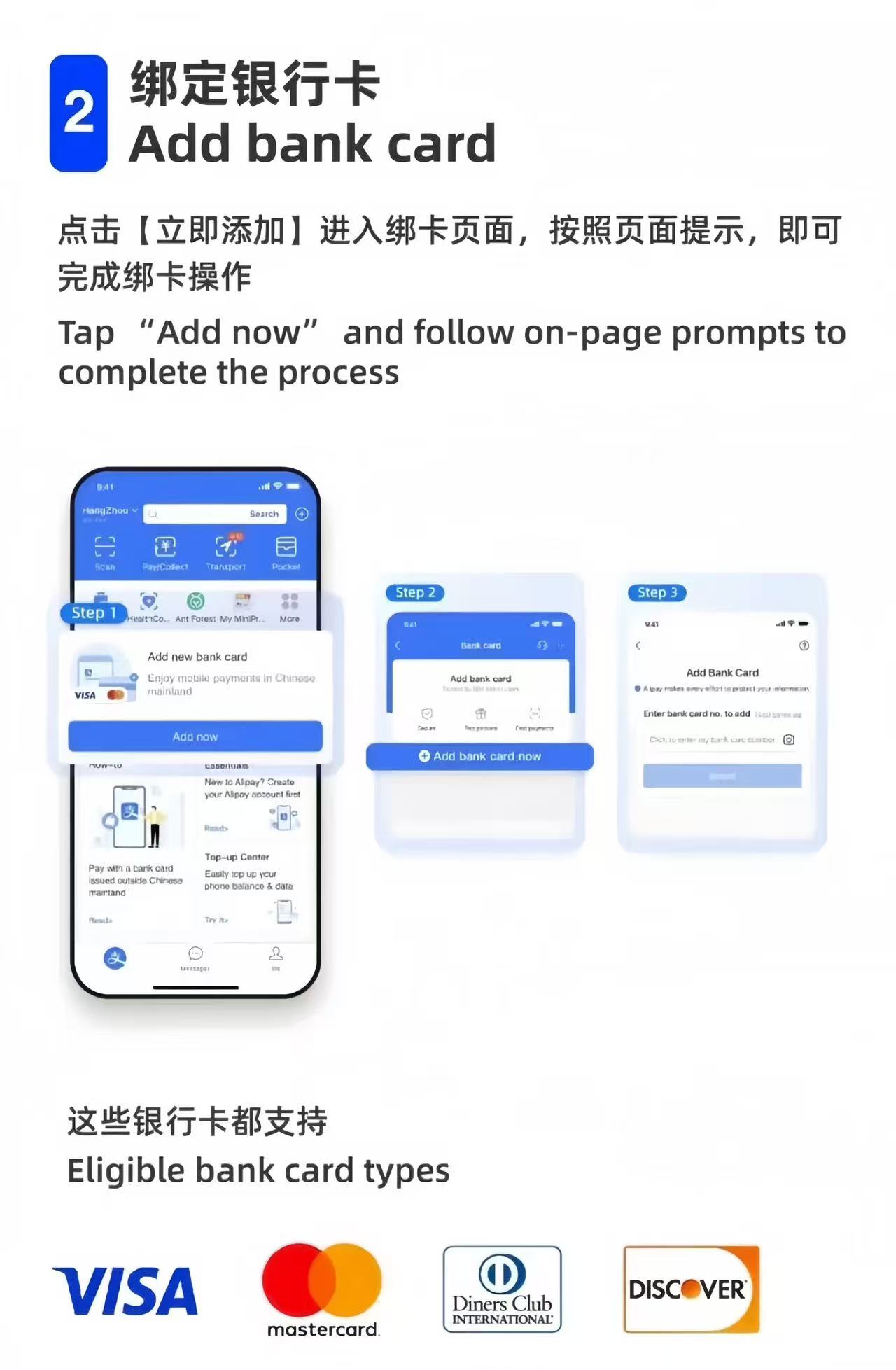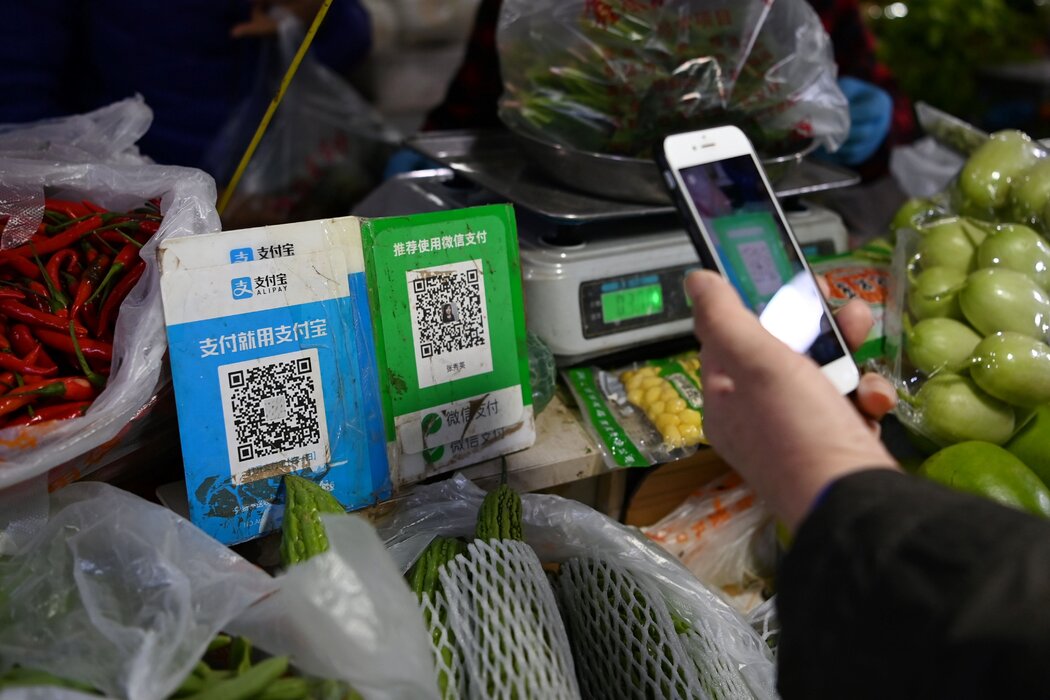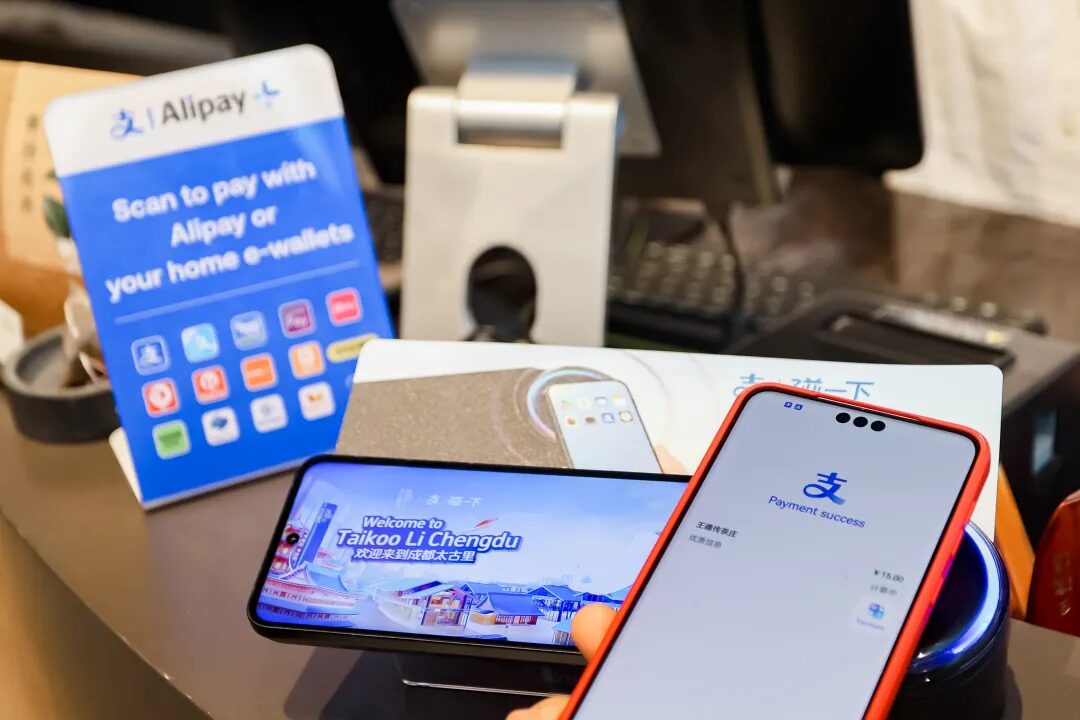Just a few years ago, using Alipay without a Chinese bank card felt almost impossible. Tourists were stuck with cash or scrambling to find workarounds. But that’s all changed. Since late 2023, Alipay has allowed foreigners to register with a passport and link international cards—including Visa, Mastercard, JCB, and others. No Chinese phone number or local bank account is required anymore.
That means you can now buy a coffee, ride the subway, shop online, or pay at local markets—all from one app. You’ll still need to complete a quick identity verification process (uploading your passport, entering your contact info), but once it’s done, you’re good to go.
Is it perfect? Not quite. Some merchants still prefer WeChat, and a few older systems may reject international cards. But overall, Alipay works in most cities, stores, and public transport across China. It’s become a real game-changer for short-term travelers and digital nomads who don’t want to carry cash everywhere.
So yes, foreigners can absolutely use Alipay without a Chinese bank account in 2025—and for most, it makes life in China dramatically easier.
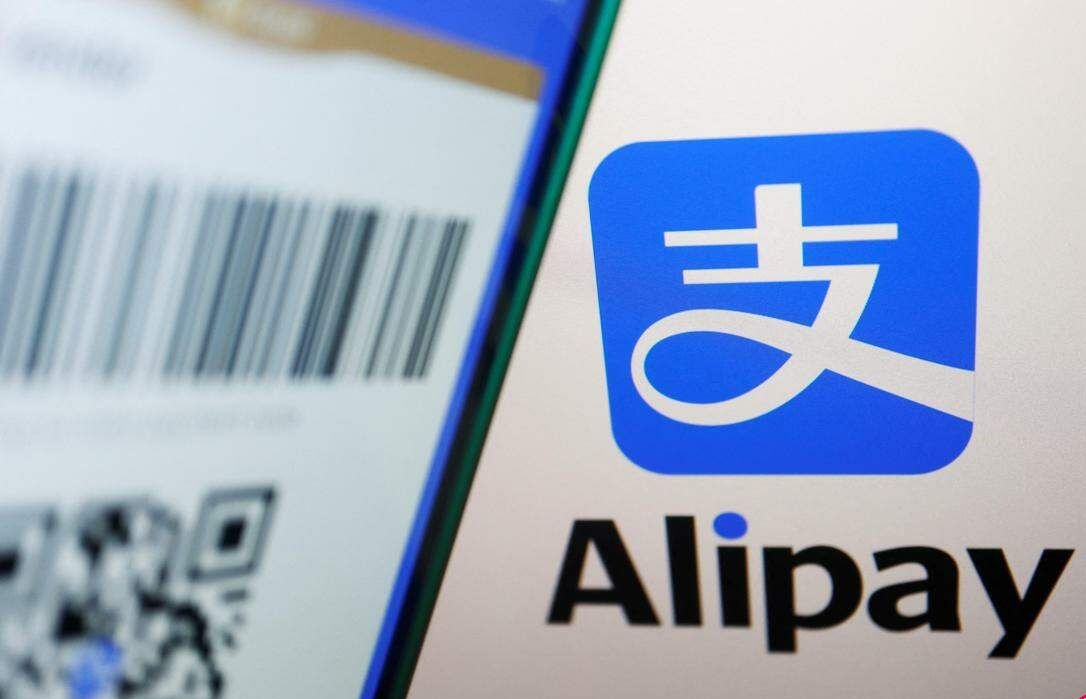
Alipay
Step-by-Step: How to Set Up Alipay Without a Chinese Bank Card
Download the App and Switch to English Interface
Getting started with Alipay for foreigners in China begins with a simple download. Head to the App Store (iOS) or Google Play (Android), search for “Alipay,” and download the app developed by Alipay (Hangzhou) Technology Co., Ltd. Be sure not to confuse it with similar apps or fake versions. Once installed, open the app and you’ll immediately be prompted to allow permissions for notifications and access to your location—tap “Allow” for smoother in-app performance.
After launching the app, the next smart move is to change the language. Alipay has a built-in English interface tailored for international users. From the home screen, tap the “Me” icon in the bottom right corner. Then go to “Settings” > “General” > “Language” and select “English.” The app will instantly switch to English, giving you easier access to features like Tour Pass, Metro QR codes, hotel bookings, and more.
Here’s a quick checklist to keep in mind:
| Action | Step | Tips |
|---|---|---|
| App Download | App Store / Google Play | Search “Alipay” by Hangzhou Technology |
| Language Switch | Settings > General > Language | Choose English |
| Location Access | On First Launch | Tap “Allow” for smooth QR code scanning |
Pro Tip: If your phone’s app store doesn't show Alipay, change your Apple ID or Google Play region to mainland China or Hong Kong.
Register with Mobile Number and Passport
Unlike in the past, you don’t need a Chinese bank card or phone number to register. Alipay now supports sign-ups with international details. After switching to English, tap on “Sign Up” and choose the “Sign up with mobile number” option. Make sure you select the correct country code and use an active number—this number will receive a verification SMS. Don’t use a virtual number or expired SIM, as it may block further steps.
Once your number is verified, Alipay will ask for identity verification. Choose “Passport” as your ID type, and fill in your full name exactly as shown on your passport. You’ll also need to upload a photo of your passport and complete a short face scan via your phone camera. This real-name verification process is mandatory due to Chinese financial regulations.
What documents will you need?
Valid Passport (photo page)
Active mobile number (with roaming or local SIM)
Optional: Chinese address for delivery features (you can use hotel address)
The entire registration process takes about 10 minutes if all your info is ready. Once complete, you’ll have basic access to Alipay services—though you still need to link a payment method to use it for transactions.
Link Your VISA, MasterCard, or JCB Debit/Credit Card
To fully activate Alipay for foreigners, you need to link a supported international card. Alipay now allows most foreign debit and credit cards, including VISA, MasterCard, JCB, Diners Club, and Discover. UnionPay and AMEX are still limited, so stick to the major three. From the home screen, go to “Me” > “Bank Cards” > “Add Card.” You’ll be prompted to input your card number, expiry date, and CVV.
Be sure the name on the card matches your passport details exactly. If not, the system may reject your card. Once linked, your card will be charged a tiny test amount (usually 1 RMB or less) to confirm validity. This is refunded automatically. Alipay will then assign a virtual prepaid balance that pulls money from your foreign card each time you scan a QR code or make a purchase.
Here's a quick comparison of supported cards:
| Card Type | Supported | Notes |
|---|---|---|
| VISA | ✅ | Most widely accepted |
| MasterCard | ✅ | Reliable for tourists |
| JCB | ✅ | Accepted but less common |
| AMEX | ❌ | Not supported |
| UnionPay (intl) | ❌ | Only Chinese versions work |
Reminder: This card linking only works under the international version of Alipay (you must complete passport registration first). Once linked, you’ll be able to pay like a local almost everywhere in China—restaurants, shops, metros, and even street markets.
- Step 1: Register an account
- Step 2: Bind your bank card
Paying Like a Local: Where and How You Can Use Alipay in China
Paying at Restaurants, Shops, Metro, Hotels, and Even Street Vendors
Once you’ve set up your Alipay account, you’ll notice something quickly—you can pay for almost anything with it in China. From upscale restaurants to mom-and-pop dumpling stalls, most places now accept mobile payments. Walk into a convenience store like FamilyMart or 7-Eleven? Just scan the merchant’s QR code. Need to split the bill after hotpot? There’s a “scan to pay” button right in the app. The entire process usually takes under 10 seconds.
What’s especially convenient is Alipay’s integration with public transport. In many cities, including Beijing, Shanghai, and Chengdu, you can activate a digital metro card or scan a QR to board buses and trains. The feature is often found in “Transport Cards” or “Metro QR” mini programs inside the app. No more fumbling for coins or buying physical tickets.
Even small vendors in night markets or farmers’ stalls often display handwritten QR codes. Don’t be surprised if someone selling fruit on the sidewalk tells you “WeChat or Alipay only.” With Alipay’s translation tools and intuitive interface, it’s easy to confirm the amount before paying. You’ll get an instant receipt, and if anything looks off, you can report or reverse the transaction.
Can You Pay to a Chinese Person’s Personal QR Code?
Yes, but there’s a catch—not all personal QR codes accept foreign-linked Alipay accounts. This is one of the most confusing parts for tourists. You might try to pay a guide, a friend, or even a street artist, only to get an error like “This merchant can’t receive your payment.” Why? Because some QR codes are registered under “personal collection” instead of business accounts, and these aren’t always authorized to take international funds.
Still, there are workarounds. First, always make sure the person you’re paying has updated to the latest version of Alipay. Ask if they have “收钱码” (Shouqian Ma) or business collection activated. If they don’t, suggest they scan your code instead (Alipay allows both “Scan to pay” and “Let them scan you”). This reverses the flow but often succeeds when the other way fails.
You can also link your Alipay with WeChat Pay, and if the receiver accepts one but not the other, you’ve got options. Some foreigners even set up a tiny float in cash for such moments—rare but useful. Until Alipay expands full functionality for personal transfers to all foreigners, it’s smart to check before you try to pay someone directly.
Need quick tips for paying like a local on your trip? Go to How Do Foreigners Pay in China: Your Cashless Survival Guide 2025
- Use WeChat to scan the QR code
- Popular tap-to-pay payment in China
Why Is My Alipay Payment Failing? Card Linking, Frozen Accounts, and Real Fixes
Account Frozen? Can't Link Card? Here's What You Can Do
Sometimes, even after everything looks right, your Alipay for foreigners setup runs into issues
First, if your account gets frozen, it’s usually due to mismatched personal information or flagged activity. For example, if the name on your passport doesn’t match the one entered during real-name verification, the system may suspend your access. In that case, go to Alipay > Me > Customer Support, then select “Account Issues.” You’ll be prompted to submit a photo of your passport, a short video selfie, and explain your last transaction. Once submitted, review takes 24–72 hours.
If your issue is card linking, double-check that your card is from an accepted brand—Visa, MasterCard, or JCB only. Some virtual cards, prepaid cards, or travel cards won’t work. Also, make sure your card is allowed to transact in Chinese Yuan (CNY) and is activated for international online purchases. If it fails repeatedly, try using another card or contact your issuing bank to allow payments to mainland China.
To avoid repeated freezes:
Use your real full name from your passport
Stick to small payments first to build trust
Don’t log in on too many devices at once
Avoid VPNs while verifying your identity
Getting stuck is frustrating, but Alipay’s customer support team is relatively fast. Use the live chat option during daytime hours (China time), and you’ll often get issues resolved quicker than by email.
What to Do If Your Payment Fails at a Store or QR Code Is Invalid
It happens: you’re in a convenience store, your item’s ready, and suddenly your Alipay payment fails. You might get a vague error like “Payment not supported,” or worse—the QR code doesn’t scan at all. When you’re a foreigner new to China, that moment can feel confusing and awkward. Here’s how to handle it.
First, don’t assume it’s your fault. Many payment errors happen because the merchant is using a business QR code that doesn’t yet accept foreign bank-linked accounts. Politely ask them if they also accept “收钱码” (personal code), or suggest WeChat Pay if you have it as a backup. If you’re in a metro or tourist attraction, check if you need to enable a specific mini program inside Alipay (like “Metro Pay” or “Cultural Site Ticketing”) instead of just scanning the code directly.
Second, check your app settings. Is your app version set to International Version? Did you enable your card for online transactions? Is your internet stable? Often, switching from Wi-Fi to 4G fixes QR issues. Also, re-enter your card CVV if it’s expired or was removed by Alipay due to inactivity.
Lastly, always have a Plan B. Keep a small amount of cash or have another app like WeChat Pay ready. Screenshots of your successful transactions can also help if staff ask for proof of payment during a glitch.
Getting a failed payment doesn’t mean Alipay isn’t working—it just needs a few tweaks. After a few hiccups, you’ll get the rhythm and know what to expect.
What Tourists Should Change in Alipay Before Paying Anything in China
Turn on Auto-Translation, Enable Travel Assistant, Save Emergency Contacts
Before you start paying around China, it helps to make a few small changes inside your Alipay app. First things first—turn on auto-translation. This feature lets you tap a small “A” icon on any screen with Chinese, and it’ll instantly switch to English. To enable it: go to Settings → General → Translation Tool and toggle it on. This tool is a lifesaver when navigating unfamiliar buttons or reading in-app notifications.
Next, head to the “Travel Services” section, where you’ll find Alipay's built-in Travel Assistant. It curates useful tools like airport pickup, metro cards, and even hotel check-ins tailored to non-Chinese users. Don’t skip this part—it saves time and reduces stress, especially if you’re arriving late or don’t speak Mandarin. Some options even provide live customer service in English.
Finally, input a few emergency contacts and local addresses in your profile. You can save your hotel’s number, local friend’s contact, or even your tour guide. Why? In case of an issue—lost phone, transaction error, or ID verification—you’ll be asked to confirm something or contact someone. With these details saved ahead of time, your trip won’t be stalled over a simple hiccup.
Use Alipay Together with WeChat Pay for Flexibility
While Alipay is widely used, it’s not the only game in town. In some places, only WeChat Pay is accepted—especially with small vendors or in-person transfers. That’s why having both Alipay and WeChat Pay ready gives you more flexibility as you travel around China.
WeChat Pay now lets you sign up with a foreign passport and mobile number, just like Alipay. You can link the same international cards (like VISA, MasterCard, or JCB) and use it for most day-to-day payments. Switching between the two apps is simple and gives you options when one isn’t working.
If you’re buying snacks from a street vendor, splitting a bill with a local friend, or paying for a ride in a smaller town, sometimes only one app will work. Having both installed ensures you won’t be stuck at checkout—or miss out on something just because you didn’t have the right QR code.
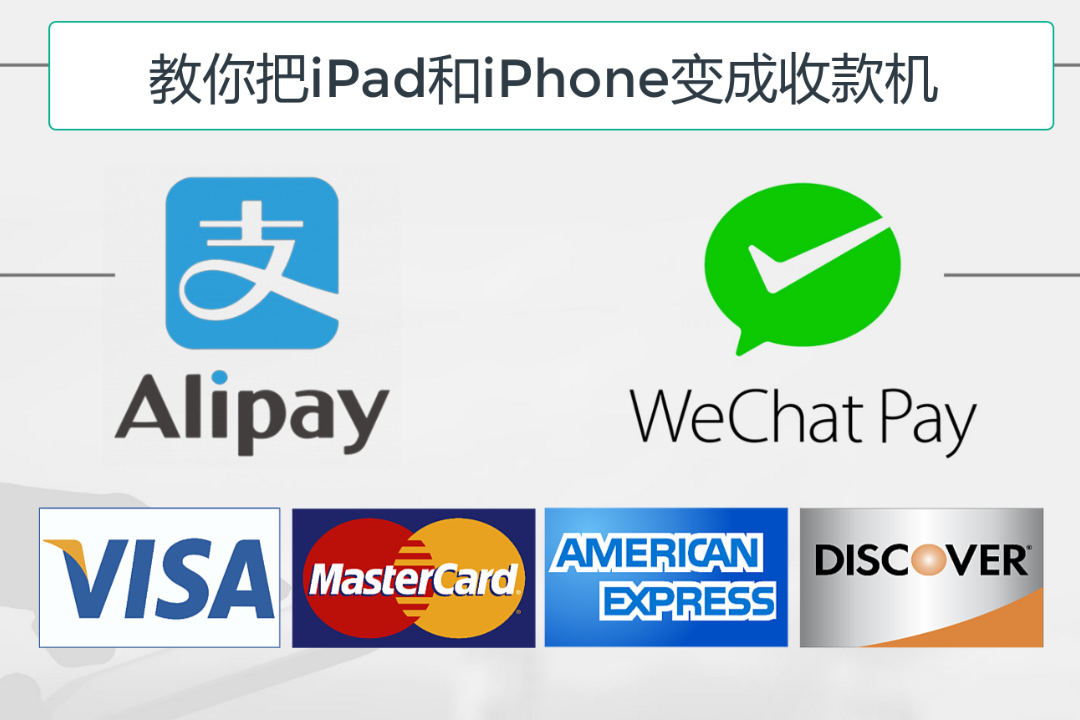
Alipay and WeChat Pay
Frequently Asked Questions (FAQs)
Q: Can foreigners really use Alipay in China without a Chinese bank account?
Yes. Since 2023, Alipay officially supports international cards for foreign users. You can register using your passport and mobile number, then link your VISA, MasterCard, JCB, or other accepted cards. This makes alipay for foreigners not just possible, but easy to use in daily life across China.
Q: Can I use Alipay to pay a Chinese person's personal QR code?
In most cases, yes, but it depends. Alipay allows foreigners to scan and pay to personal collection codes, including friends or vendors. However, for larger transfers or suspicious activity, Alipay might restrict the transaction. Always confirm the recipient and avoid paying to unknown accounts.
Q: Why is my international card not linking to Alipay?
Several reasons could cause this. First, ensure your card supports cross-border payments and isn’t restricted by your bank. Second, make sure you’re entering the exact billing address linked to your card. Third, check if your mobile number and passport info are verified. If the issue continues, contact your card issuer or use an alternate card.
Q: Is Alipay safe to use as a foreigner?
Alipay is considered very secure. It uses biometric login, SMS verification, encryption, and 24/7 risk monitoring. As a foreign user, you also have access to account protection policies and customer support. Just avoid logging in on shared devices and never share verification codes with anyone.
Q: Can I withdraw money from Alipay if I have leftover balance?
If your Alipay balance came from a linked international card, there's usually no wallet "balance" to withdraw—it’s just a pass-through payment. If you received a transfer from someone in China, you might need to verify additional documents or use the money within the app, as withdrawing to an international bank is not always available.
Q: Is it better to use Alipay or cash in China?
Alipay for foreigners is usually more convenient than cash. Many shops in China now go fully cashless, especially in big cities. Street vendors, convenience stores, restaurants, and even taxis often prefer QR code payments. Carry some cash for emergencies, but expect to rely mostly on Alipay or WeChat Pay.
Q: Is Alipay really worth using for foreigners visiting China in 2025?
Yes - for most travelers, we highly recommend using Alipay. For foreigners, using Alipay eliminates the hassle of carrying large amounts of cash or dealing with unpredictable credit card acceptance. Compared to traditional international credit cards, Alipay lets you shop at mobile-only stores, make quick QR code payments at local restaurants, and even ride public transportation - all from your phone.
Want more travel tips for China? Don't miss our in-depth guides on Alipay, 3C power banks, visa tips, and China's main plugs.
